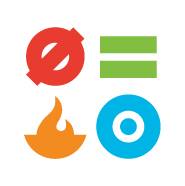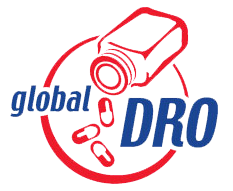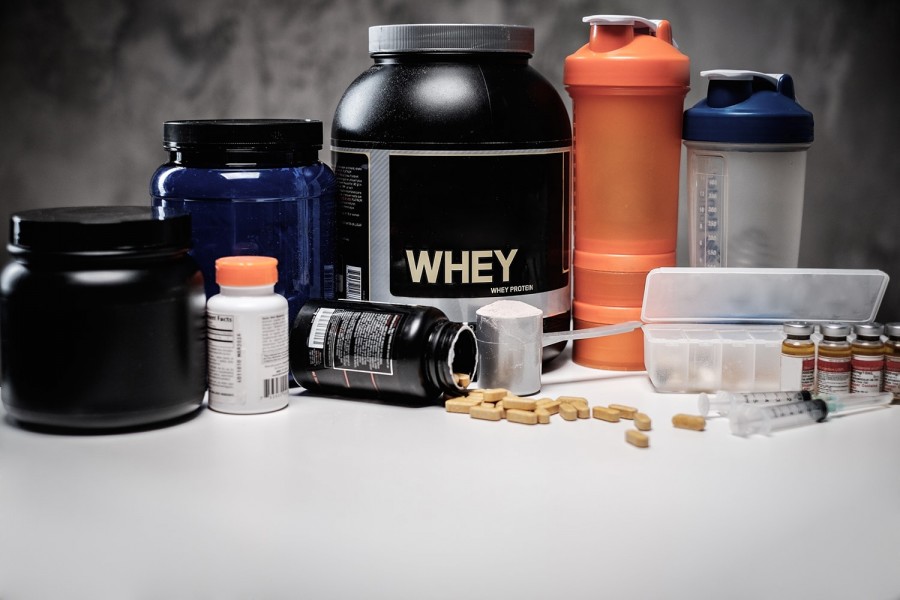Protecting clean athletes and promoting clean sport
Canoe Slalom NZ have adopted or agreed to New Zealand's Sports Anti-Doping Rules (SADRs). The SADRs give effect to the World Anti-Doping Code in New Zealand.
The rules apply to anyone who is a member of - or who participates in - a sport that has adopted or agreed to the SADRs regardless of level of competition, age or role. The rules apply to athletes, as well as coaches, administrators and support personnel.
To stay on the right side of the rules, you must avoid breaking the rules. There are 11 key ways to break the rules, and they are known as the anti-doping rule violations (ADVRs)
You can read a summary of what you should not do below
The rule violations
- Test positive for a prohibited substance
- Use or attempt to use a prohibited substance or method
- Evade testing or refuse to provide a sample
- Fail to meet whereabouts requirements three times within a 12 month period (if you’re a Registered Testing Pool athlete)
- Tamper with any part of the doping control process
- Possess prohibited substances or methods
- Traffick or attempt to traffick a prohibited substance or method
- Administer a prohibited substance or method
- Cover up an anti-doping rule violation
- Knowingly associate with someone, in a sporting capacity, who has been found guilty of an anti-doping rule violation.
- Discourage or retaliate against someone for reporting doping or suspected doping.

Drug Free Sport
General enquiries: +64 9 582 0388
Report doping: 0800 DRUGFREE (378 437)
Fax number: +64 9 580 0381
MEDICATIONS
As an athlete, you train hard. Sometimes you may get injured or sick, or you may need to take regular medication for an ongoing condition such as asthma or diabetes. Whatever the situation, it's important to be aware of what you're taking - and how.
Always check medications on Global DRO. Even common medications can contain ingredients that are prohibited in sport; and certain methods of administering medication (for example, by injection or by topical gel) may be prohibited. This means that you need to be very careful about everything you take and how you take it. If your medication or method is prohibited, you may need to apply for a Therapeutic Use Exemption (TUE).
Keep your medical professionals informedYou’re not expected to remember or know every substance that’s prohibited in sport, but you are expected to check everything before taking it. It’s your responsibility to let medical professionals know that you’re an athlete who could be drug tested and insist that they check the medication is allowed in sport.
SUPPLEMENTS
Supplements include pre-workouts, protein powders, vitamins, herbal remedies and products that claim to assist weight loss, to develop muscular strength or size, and to provide energy. They continue to be a serious issue for New Zealand athletes for many reasons.
Supplement contamination
The supplement industry is not regulated. Poor quality control may mean that supplement labels may not accurately list all the ingredients used within the product. This means that supplements can contain prohibited substances – they may be on the label, listed under an alternative name, or not listed at all.
In the past few years a number of athletes have tested positive to prohibited substances believed to have been ingested through supplements. Each of those athletes faced a ban from all sport of up to four years.
As an athlete you are solely responsible for every substance in your body. Before using any supplement, it’s important that you and your support team understand the risks involved.
We cannot approve the use of any supplement product. It is your responsibility to be aware of what you are taking and whether it contains prohibited substances.
Canoe Slalom NZ
Vector Wero Waterpark
Great South Road, Manukau
PO Box 16-292
Bethlehem, Tauranga
New Zealand


 Admin Login
Admin Login